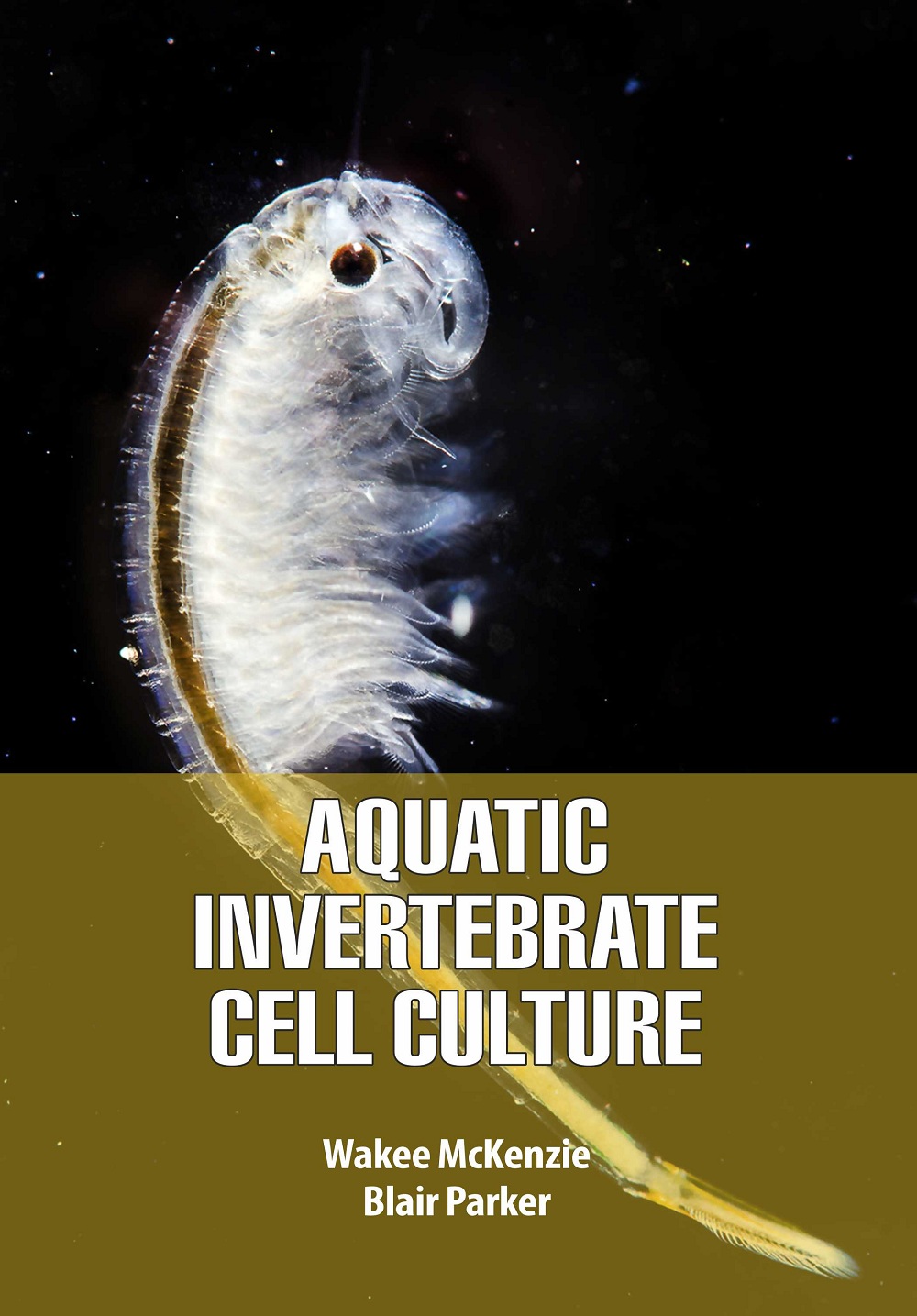Aquatic Inverteberate Cell Culture Wakee Mckenzie & Blair Parker
- ISBN: 9781788821360
- Edition: 1st
- ©Year: 2020
- List Price : 165
About the Book
Popular interest in the observation and study of aquatic invertebrates is increasing. This book meets the needs of this growing audience of naturalists, environmentalists, anglers, teachers, students, and others by providing substantive information in easy-to-understand, non-technical language for many groups of invertebrates commonly found in the streams, lakes, ponds, and other freshwater environments. An insight into underwater life, this encyclopedia offers coverage of the fish and aquatic invertebrates that inhabit our rivers, lakes, and oceans. It describes in detail the anatomy, behavior, habitat, breeding, and conservation status of species: from microscopic, single-celled organisms swept along by water currents to gigantic powerhouses of the deep. Chapter 1 depicts about the Introduction to Aquatic Invertebrates. Invertebrate is a blanket term that includes all animals apart from the vertebrate members of the chordate phylum. Invertebrates lack a vertebral column, and some have evolved a shell ora hard exoskeleton. Chapter 2-12 discuss about various marine invertebrates like Protozoans, Sponge, Hydrostatic Skeleton &Cnidaria, Ctenophora, Platyhelminthes, Rotifer, Kinorhyncha & Priapulida, Loricifera & Gastrotricha, Nemertea, Mollusca, Annelids and Nematoda. Chapter 2 to 12 tells about the characteristics, classification and lifecycle of above mentioned aquatic invertebrates.
Contents: 1. Introduction to Aquatic Invertebrates, 2. Protozoans, 3. Sponge, 4. Hydrostatic Skeleton and Cnidaria, 5. Ctenophora, 6. Platyhelminthes, 7. Rotifer, Kinorhyncha and Priapulida, 8. Loricifera and Gastrotricha, 9. Nemertea, 10. Mollusca, 11 .Annelids, 12. Nematoda.
Wakee McKenzie is a Senior Lecturer in the School of Biological Studies. He received his bachelor, Masters and Ph.D. degrees from state university. Those degrees focused on zoology, ecology, and marine biology, and marine invertebrates. He is theauthor of more than 125 papers and twenty-five book chapters on biotechnology, animal cell culture, biomechanics, zoology, and tissue engineering. He has numerous peer reviewed publications in crustacean taxonomy and invertebrate ecology, as well as published popular and scientific field guides and identification manuals to freshwater invertebrates. He has written a number of articles in the various newspapers and magazines in the field of animal cell culture. He has attended and organized several national and international workshop.
Blair Parker is a Professor in the Department of Ecology and Evolutionary Zoology and a Senior Scientist. She teaches zoology, freshwater, marine, and general ecological courses, and his Masters and doctoral graduate students work on various aspects of the cell culture and ecology of organisms. Blair Parker is the author or editor of numerous books and a world-renowned expert on cell culture technique. While her research emphasizes aquatic invertebrates, she also studies fish ecology, especially as related to food webs. She has published more than 76 refereed journal articles, books, and chapters, including three single-volume editions of Ecology and Classification. She is an Associate Editor for the Journal of Biology and a founding member of the Southwest Association.

